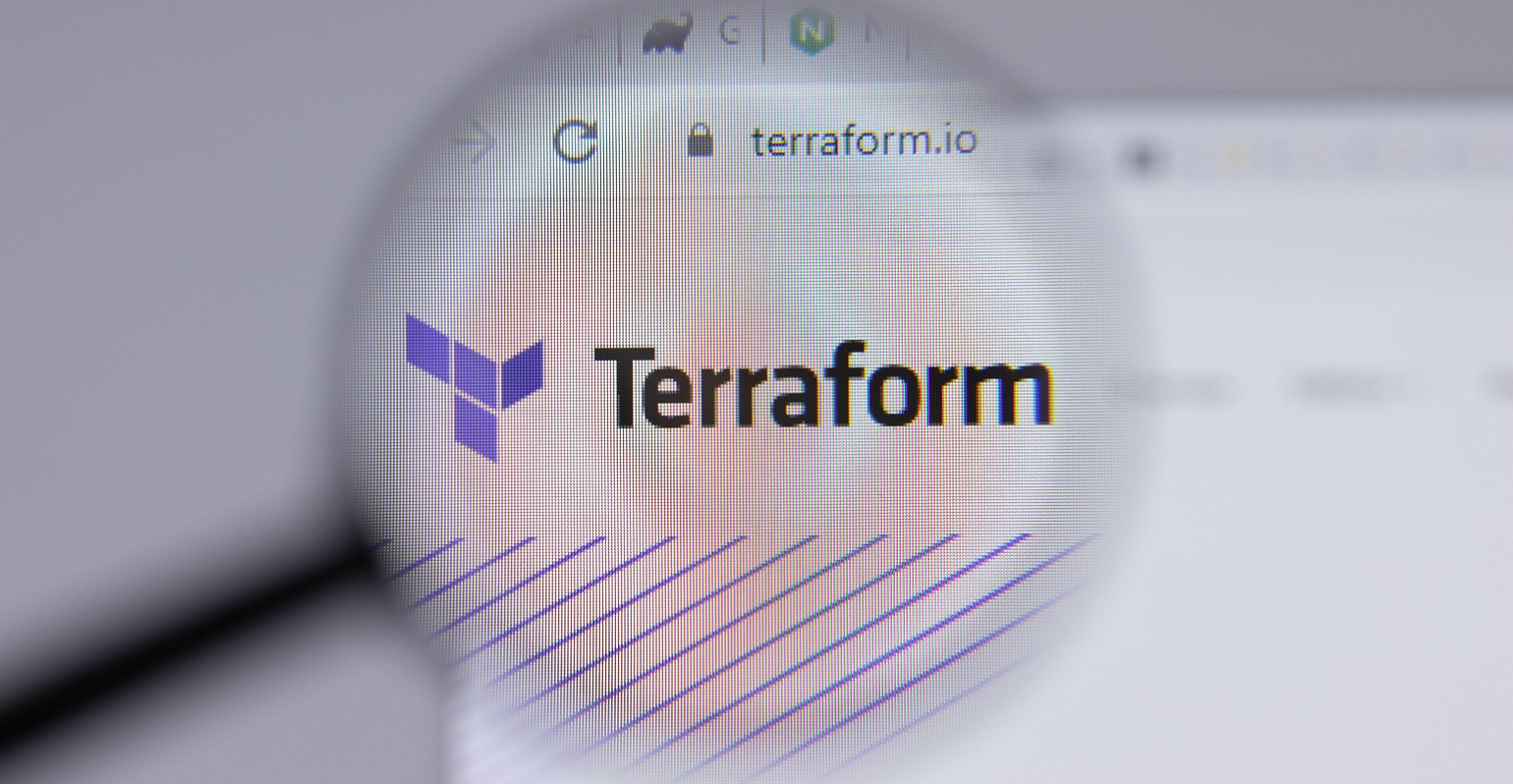What happened?
On August 10th, 2023, HashiCorp announced that Terraform (among other several popular open-source tools such as Vault and Packer) will henceforth operate under the Business Source License (BSL). Because BSL is not considered to be open source by the Open-Source Initiative (OSI), this shift makes HashiCorp products no longer truly open source – breaking with nearly a decade of open-sourceness. HashiCorp is from now referencing them as “freely available” or “community” version1. The implementation of the new license also includes critical “Additional Use Grant” which states:
“You may make production use of the Licensed Work, provided such use does not include offering the Licensed Work to third parties on a hosted or embedded basis which is competitive with HashiCorp’s products.”
Why did this happen?
Since its launch in 2014, Terraform’s adoption has constantly grown to become a foundational technology in infrastructure management. Companies of all sizes as well as individuals embraced it as it enjoys an important community and is widely used in critical workloads.
This success has allowed various third-party vendors to take full advantage of Terraform’s code for their own commercial purposes, benefiting from HashiCorp’s developing teams’ and its community of contributors’ efforts. Which resulted in developing third-party products that were in direct competition with HashiCorp while not going through similar R&D costs (tens of millions of dollars annually).
Moreover, prior to its Initial Public Offering (IPO), HashiCorp was a closely watched Silicon Valley darling that rose up through the strength of its open-source ecosystem and developer ecosystem, which embraced the products. But since the IPO, growth has slowed: Their financial results from the most recent quarters state a reduction in full year revenue guidance from Q4 2023 by $25 million and an expected revenue growth of less than 2% quarter over quarter for all of 20242. Finally, the company has never been profitable.
That is why HashiCorp justified the license change as being a way to protect their control of their product’s commercialization.
How is this change affecting me as a company?
As stated in HashiCorp’s official statement, end users are not affected by this change:
- I am a user of HashiCorp community tools for personal projects: no effect. You can still use Terraform as you used to as well as have the possibility to embed HashiCorp’s products in non-commercial tools.
- I am a user of HashiCorp community tools within my organization: you can still use Terraform as you used to as well as have the possibility to embed it in internal tools of your company, as long as you do not sell it as a competitor to Terraform.
- My organization sells a product that either runs or embeds HashiCorp community software and is competitive to a HashiCorp offering: if this is you, without a separate licensing or commercial agreement, your competitive offering will be in violation of HashiCorp’s license for all releases of their community software after August 10, 2023.
However, companies that are still picking up an Infrastructure as Code tool may avoid picking Terraform and choose a truly open-source tool that does not present any unpredictable risks. While companies who are already using a community version may start considering the risk of having to move to a paid license if the community version is no longer freely available — or even switch for a real Open-Source tool. This change may also affect the product development in general as many contributors will no longer bother contributing to a project that may no longer be freely available in the future.
Conclusion: is Terraform still open source? It depends whom you ask…
The announcement received a strong negative response from many of HashiCorp’s users in the community, who viewed the company as turning its back on its open-source roots. HashiCorp’s open-source licensing had enabled thousands of partner companies to incorporate Terraform and other coding into products that are sold commercially. The announcement also lit a fire under the age-old debate of what is cool and what is not cool in the open-source community. As you can imagine, a lot of people thought it was not very cool.
That is why, the switch from MPL-2.0 to BSL-1.1 might not drastically shake tech industry, but it does signal a change in the open-source landscape. For HashiCorp, it means tighter reins on Terraform’s usage and revenue streams, with the potential for increased investment. Cloud providers using Terraform as a service might face new requirements, impacting partnerships. Community contributions could face challenges due to the less permissive license, and organizations relying heavily on Terraform in their business models must adapt.
One thing is sure: the ecosystem for DevOps automation just got messier, the echoes of community concerns are ringing, challenging the balance between control and collaboration. As Terraform’s users, contributors, and enthusiasts come to terms with the new licensing paradigm, the future unfolds with a blend of anticipation, adaptation, and advocacy.
Sources
1 Armon DADGA 2023, HashiCorp website, accessed 06 September 2023 https://www.hashicorp.com/blog/hashicorp-adopts-business-source-license
2 HashiCorp Inc., HashiCorp website, accessed 07 September 2023 https://ir.hashicorp.com/news-releases/news-release-details/hashicorp-announces-second-quarter-fiscal-year-2024-financial



